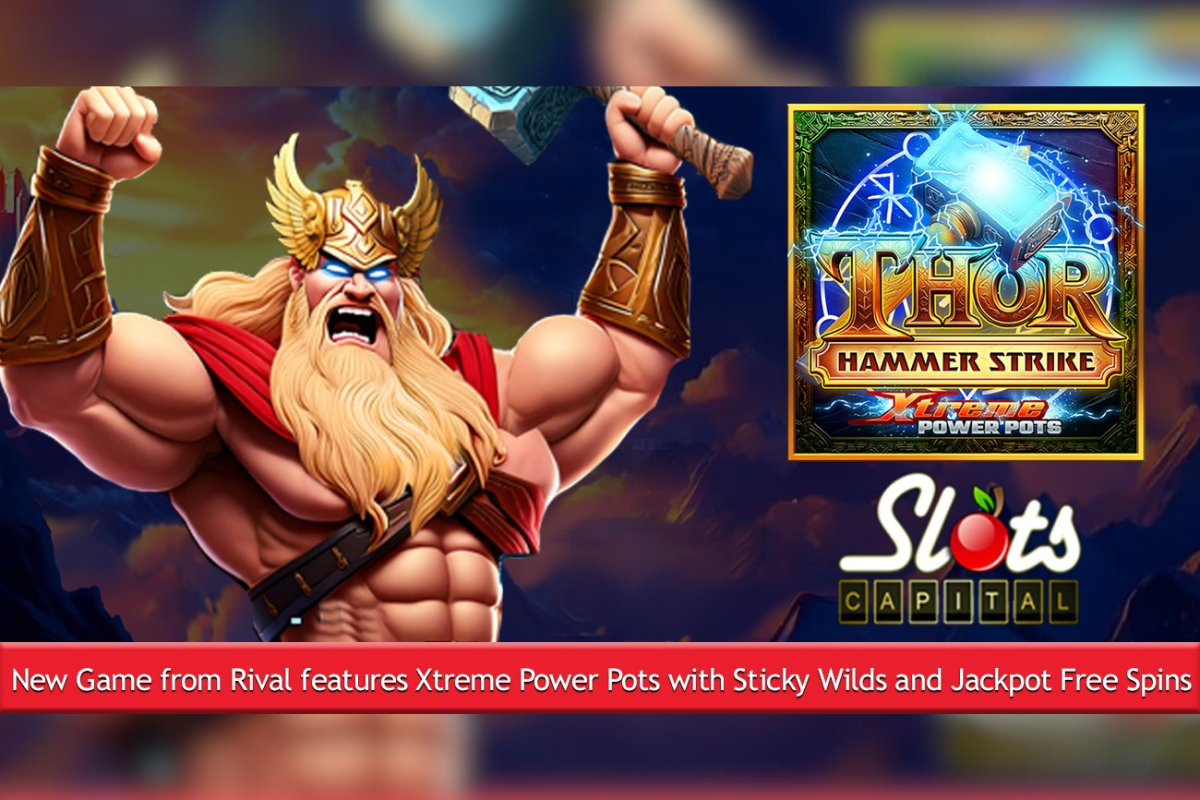Gaming
The future of the gaming industry: brand loyalty and retention, Exclusive Q&A w/ Achille Traore, CEO of White Label Loyalty

The gaming industry is highly competitive. Game developers only have one chance at making a user’s experience memorable. If a gaming company fails to capture user attention, customers will likely move on to another game or platform. Achille Traore, CEO of White Label Loyalty, discusses the opportunities awaiting gaming brands to create more loyal customers.
What are the main goals and objectives of brands in the gaming industry?
Most brands in the gaming industry are striving for the same thing: customer retention. The industry is well known for high engagement rates, but it’s also well known for low retention rates.
Player retention is important for gaming brands because existing customers are very valuable in the long run. It’s much easier to upsell and cross-sell to loyal users. Plus, the cost of acquiring new customers is becoming more and more expensive.
The gaming industry faces a number of challenges. What are they?
The first challenge is about engaging casual players and persuading them to play more frequently. And while there are many factors that contribute to this, including the quality of a game and the ability to market it effectively, gaming brands ultimately need to have a deep understanding of their customers.
The second challenge is knowing how to add value to a customer’s gaming experience. Not all users will find value in the same things. For one user, the value of a game may lie in the ability to customize characters with exclusive skins. For others, the value may lie in joining a community to meet other gamers.
Finally, gaming brands need to know how to break the barriers for people who haven’t gamed in a long time, or have never tried gaming before.
When it comes to gaming, how would you define loyalty and engagement?
A user that is truly engaged will spend a significant amount on in-game purchases.
Another way gamers show their loyalty is by engaging with communities via social media or forums like Reddit.
Loyal players can also become ambassadors for gaming brands. These players are more likely to engage with a brand outside of the game – they’ll spend money on equipment (such as a new console or PC), merchandise, and event tickets.
How does a gamer become loyal?
Loyalty often forms as a result of rewards. Players want to be rewarded. Whether it’s for completing a time-bound challenge, or unlocking different levels in a game, rewards add to a feeling of competition and accomplishment.
Gaming companies that reward customers for engagement can build real, long-term loyalty.
In order for gaming companies to better understand and engage their customers, what can they do?
Gaming companies must collect detailed data about their users to understand what drives them. Brands can use this data to build specific audience segments, which allows them to personalise and tailor marketing strategies to each customer profile.
Loyalty programs are an effective way to gather detailed information about user behaviour, needs, and preferences. When a gaming brand understands its customers, they can create customised rewards for each player segment, resulting in higher engagement and retention rates.
What are the best ways to reward players in the gaming industry?
With the right software, gaming brands can reward any kind of activity. For example, rewards could be given to streamers who refer games to others. Rewards could incentivise new customers to pick up their controllers again. Or, rewards can simply be used to show appreciation for those who dedicate their time and attention to a game.
Playstation Stars, a new loyalty program in the industry, rewards players for engaging with specific campaigns. Campaigns range from simply playing a game, to earning specific trophies or getting first place in a league table in your local area. Sony announced that the program uses a new type of reward – digital collectibles: “digital representations of things that Playstation fans enjoy, including figurines of beloved and iconic characters from games”.
What other opportunities await gaming brands?
With rewards, gaming companies can drive whatever specific behaviours they would like to see more of. For example, if a gaming brand wants to focus on new customer acquisition, they can build referrals into a rewards program. A fully-rounded loyalty program boosts acquisition as well as retention. While customers can do this on their own via social media or word of mouth, loyalty technology makes it as easy as possible for them to refer a game to family and friends.
There are so many different ways rewards can be used. From early access to a game, to free in-game currency, rewards help make a user’s experience more memorable and keep them engaged long-term. But rewards won’t be effective if gaming companies don’t understand what their customers actually want. That’s why it’s vital to start with data. Then, build a loyalty program that is based on what gamers find truly valuable.
-

 Asia5 days ago
Asia5 days agoDigital gaming disruption tackled in 1st AsPac Regulators’ Forum
-
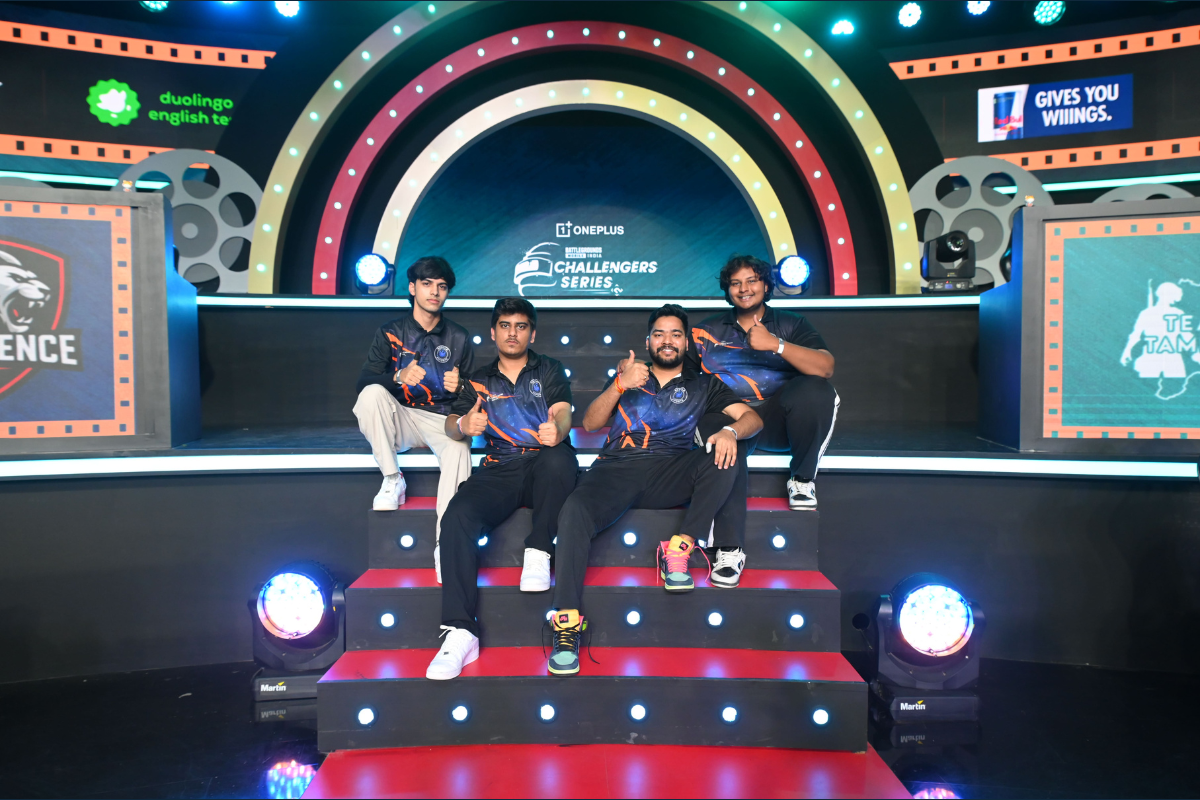
 Asia7 days ago
Asia7 days agoBGCS and BGMS league stages conclude; rising stars set to meet pros in the playoffs
-

 Latest News7 days ago
Latest News7 days agoHigh Roller Technologies and Flows partner to launch player engagement experiences, with technical integration complete in record time
-
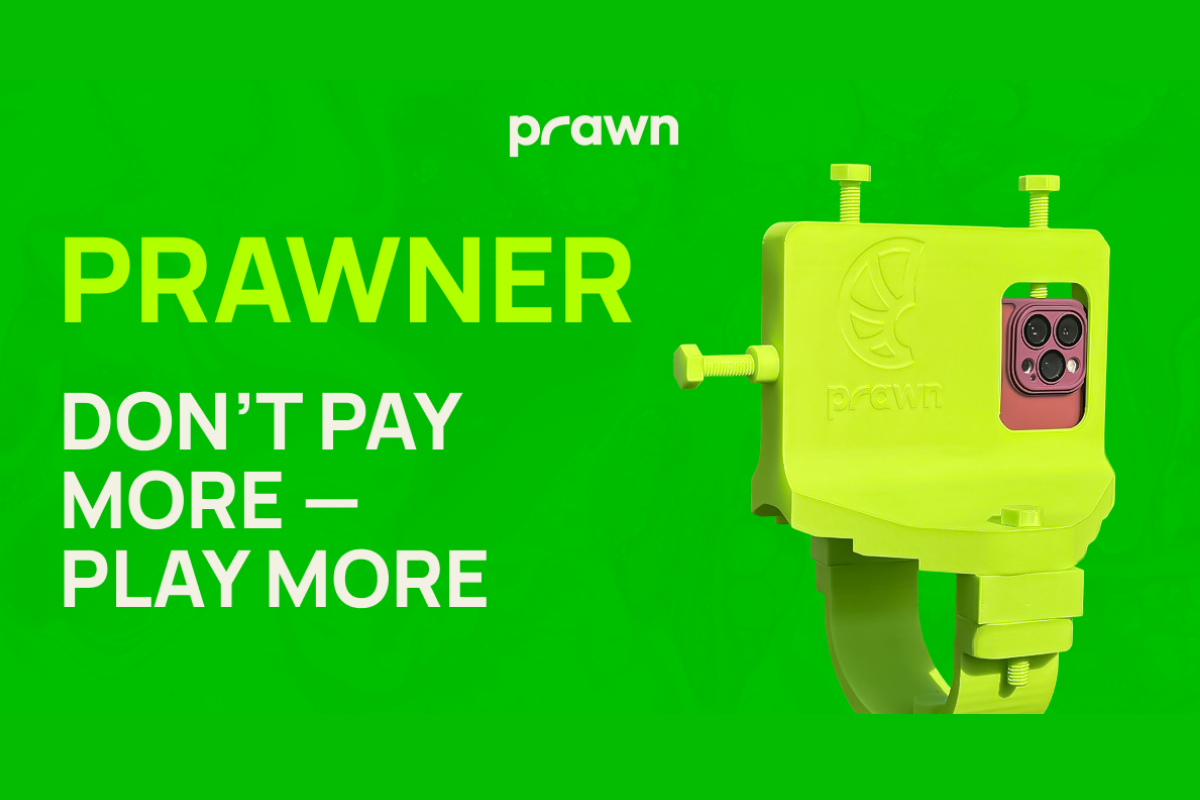
 Central Europe7 days ago
Central Europe7 days agoFootball Stats Startup Challenges Multi-Million Company With Free Publication Of Blueprints
-

 Latest News7 days ago
Latest News7 days agoThe Current State of the German iGaming Market and Its Role in Europe
-

 Eastern Europe7 days ago
Eastern Europe7 days agoSYNOT Games Partners with WIN2
-
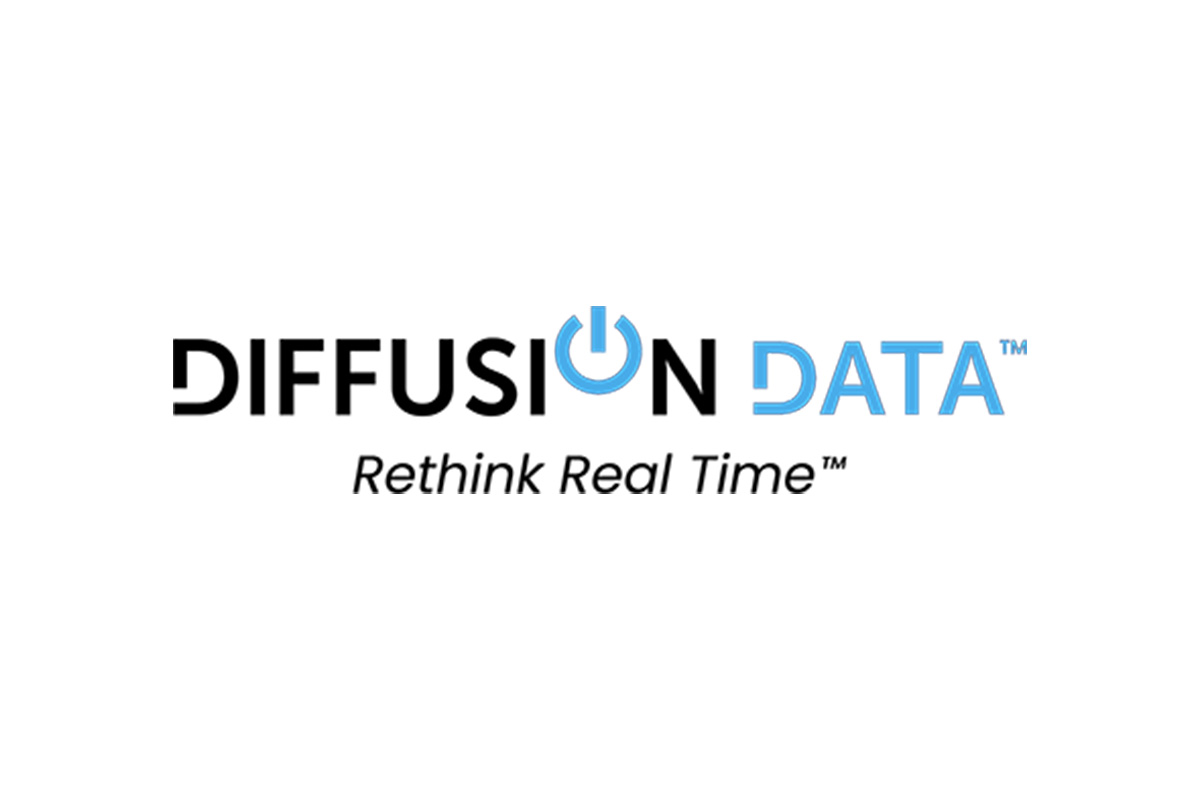
 Latest News7 days ago
Latest News7 days agoDiffusionData Releases Diffusion 6.12
-
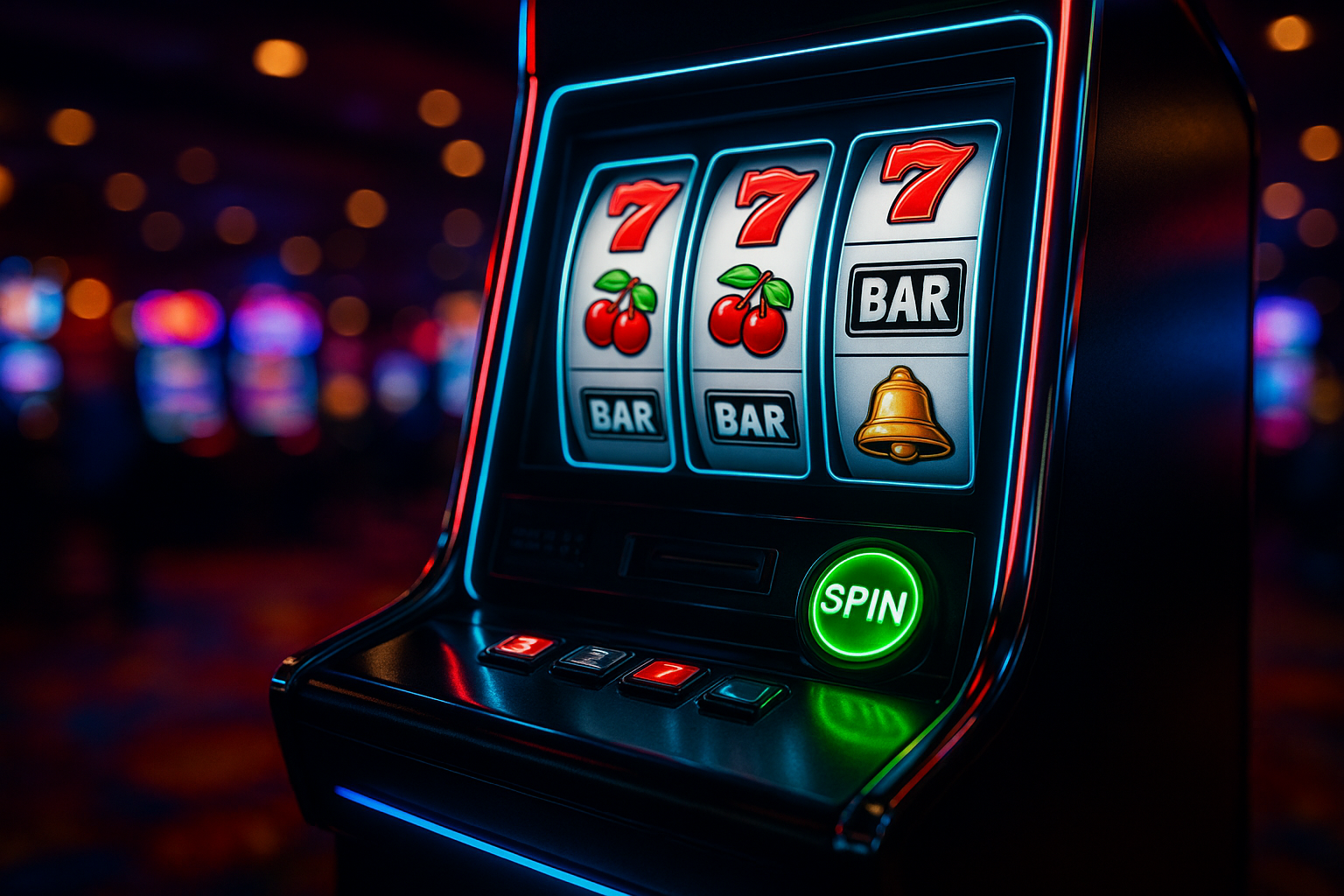
 Latest News7 days ago
Latest News7 days agoOperator-Exclusive Slots: Do Content Bundles Still Deliver ROI?










